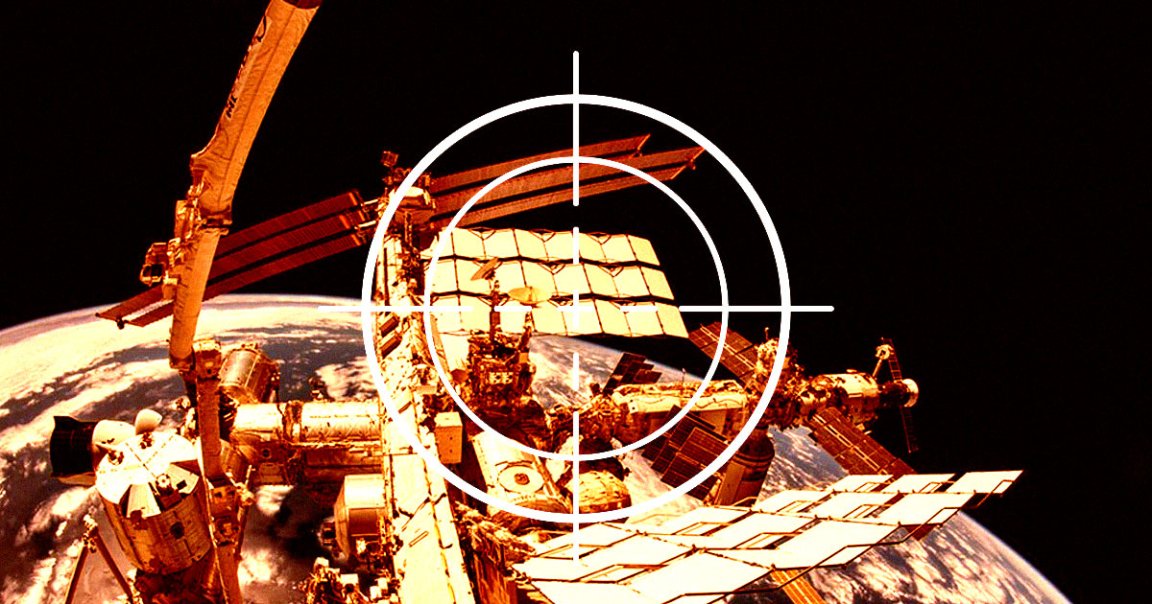
SpaceX Deorbiter
NASA has officially chosen SpaceX to deorbit and destroy the International Space Station in 2030.
In a press release, the space agency announced that the Elon Musk-led space company had been selected to develop a “US Deorbit Vehicle” that’s designed to pull the aging orbital outpost out of its orbit and burn up during its swan song reentry through the atmosphere.
“This decision also supports NASA’s plans for future commercial destinations and allows for the continued use of space near Earth,” said NASA Space Operations Mission Directorate associate administrator Ken Bowersox in the release. “The orbital laboratory remains a blueprint for science, exploration, and partnerships in space for the benefit of all.”
Geronimo!
The news comes after years of deliberations. NASA has been hemming and hawing over what to do with the space station, which has been continuously occupied by the international space community since November 2000.
Pulling the over 900,000-pound and 358-foot structure, the largest human-made object to have ever orbited our planet, out of its stable orbit and into the atmosphere comes with plenty of risks. Most prominently, experts don’t expect the entire thing to simply burn up — giant pieces could survive the ordeal and potentially come crashing down over populated areas.
To mitigate that risk, NASA is now working with SpaceX to develop a spacecraft designed to guide the monstrous structure down and ensure a safe deorbit, more than likely targeting a splashdown in the ocean.
While earlier estimates pegged the cost of destroying the ISS at almost $1 billion, NASA announced that its latest contract “has a potential value of $843 million.”
While it’s an unfortunate end to decades of peaceful international cooperation, NASA is already looking well ahead, eyeing the private space industry for the development of a commercially-run replacement.
And it hasn’t given up on the ISS, either. In 2020, NASA awarded Axiom Space a contract to manufacture the station’s first commercial module, known as Hab One, which is scheduled to be launched in 2026.
Jeff Bezos’ Blue Origin has also released plans for its own private space station, called the Orbital Reef, under contract with NASA, alongside inflatable habitat manufacturer Sierra Space.
More on the ISS: NASA Investigating Why Water Spewed From Spacesuit During Spacewalk